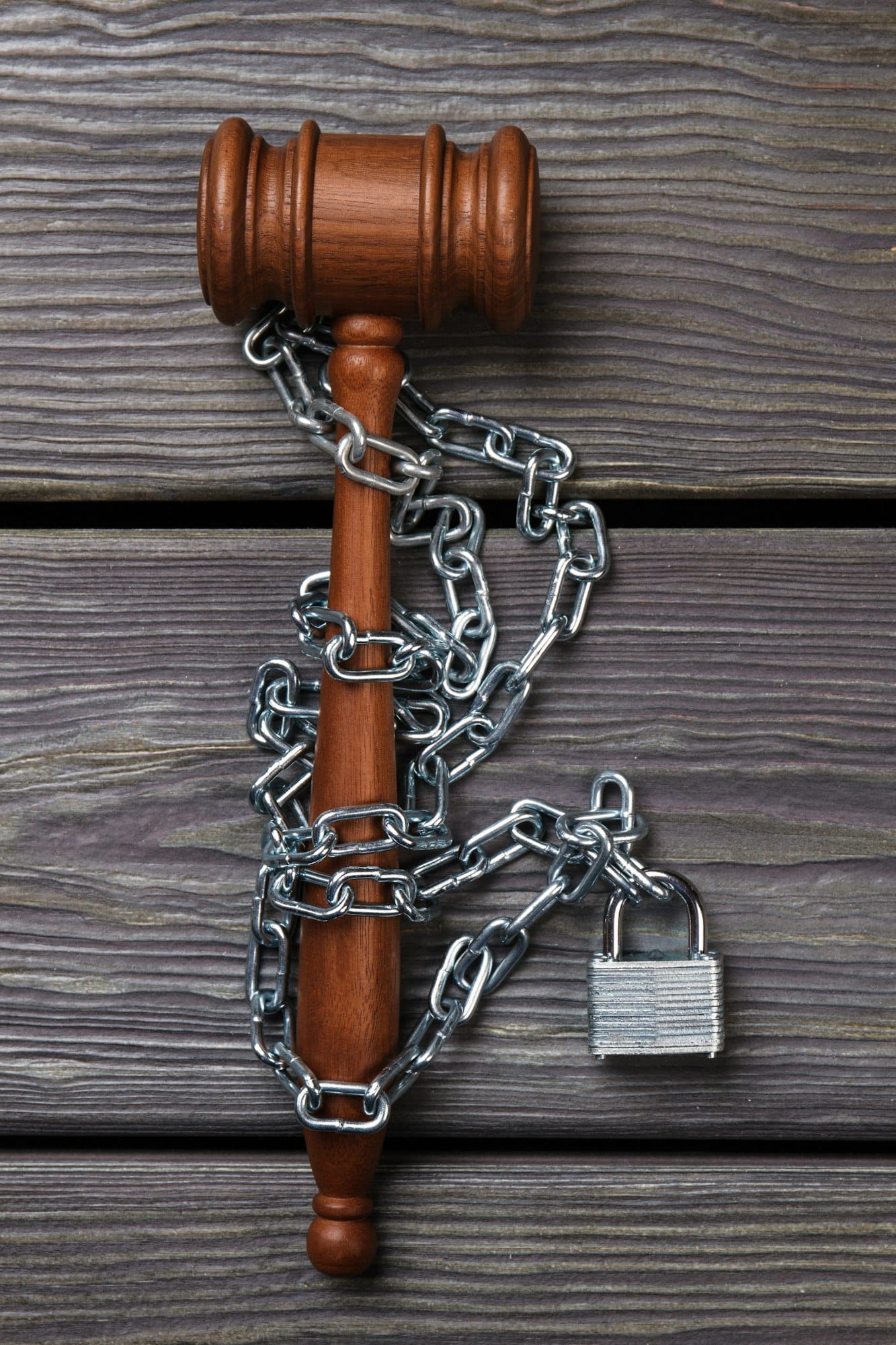In today’s rapidly evolving technological landscape, drones have emerged as a powerful tool for a myriad of industries. They are being deployed for various purposes, ranging from agricultural surveys to aerial photography and videography, bringing about a revolution in the way businesses operate. The commercial use of drones, especially in the field of photography, has witnessed an exponential growth in recent years, generating attractive business opportunities for operators across the globe. However, initiating a drone-based venture necessitates adherence to certain legal requirements, established to ensure safety and order in airspace operations. This article aims to provide you with a comprehensive guide on the exact legal requirements necessary for launching a drone photography business in the UK.
Understanding the Basics of Drone Operations
Before diving into the legal aspects, it’s crucial to understand the fundamental aspects of drone operations. A drone, also known as an unmanned aerial vehicle (UAV), is an aircraft that operates without a human pilot on board. It is usually controlled remotely by an operator on the ground or programmed to fly autonomously.
A voir aussi : How to establish a UK-based art therapy clinic and comply with healthcare practice regulations?
The use of drones for commercial purposes, such as aerial photography, necessitates a clear understanding of the operational aspects of these devices. Familiarity with the drone’s capabilities, flight dynamics, safety measures, and limitations will enable you to leverage its potential optimally. Furthermore, as you will be operating in airspace shared with other aircraft, awareness of the aviation regulations set by the Civil Aviation Authority (CAA) is paramount.
Acquiring the Necessary Permissions
The most vital step in setting up a drone photography business involves obtaining the necessary permissions. The CAA, the statutory corporation responsible for regulating all aspects of civil aviation in the UK, mandates that any commercial drone operations require the operator to possess a specific permission.
A voir aussi : What precise measures should a UK-based leather goods manufacturer take to comply with import regulations on exotic leathers?
The Specific category, which most drone photography businesses will fall under, requires an operational authorisation from the CAA. This authorisation is necessary for operations that present a greater risk than those allowed under the Open category, such as flying over congested areas or within close proximity of people.
To obtain this, you will need to submit a detailed risk assessment to the CAA outlining your planned drone operations, as well as evidence of your competency as a drone operator. This can include completion of a recognised training course or demonstration of sufficient experience in operating drones.
Ensuring Safety Measures
Safety is a major concern when operating drones, especially in populated areas. Therefore, the CAA places a great emphasis on the implementation of safety measures in drone operations. As a commercial drone photography operator, you are obligated to ensure the safety of your drone operations, which includes not only the safety of your aircraft but also the safety of people and property on the ground.
You are required to maintain a safe distance from people and property, avoid flying over congested areas or large gatherings, and refrain from flying near airports or in restricted airspace. Additionally, you must ensure your drone is within your sight at all times during flight.
Moreover, the CAA mandates that all commercial drones must be registered and marked with a unique identification number. This allows for easy tracking and identification of drones, thereby enhancing safety and accountability in drone operations.
Attaining Adequate Training
As part of the legal requirements set by the CAA, commercial drone operators are required to attain adequate training before they can fly. The CAA recognises several drone training providers in the UK that offer courses tailored to ensure operators have the necessary skills and knowledge to conduct safe and legal drone operations.
The training typically covers a range of topics, including drone flight principles, navigation, emergency procedures, and relevant aviation laws. Upon completion of the training, operators are required to pass an examination to demonstrate their competency.
Ensuring Compliance with Data Protection Laws
Drone photography often involves capturing images or videos that may include individuals or private property. As such, it’s important to be aware of the data protection laws in the UK. The Information Commissioner’s Office (ICO) regulates the use of personal data and provides guidance on how to comply with the Data Protection Act.
Commercial drone operators are required to ensure their operations comply with these guidelines and respect individuals’ privacy rights. This may include notifying individuals before capturing their images, obtaining consent where necessary, and ensuring the secure storage and disposal of personal data.
In conclusion, starting a commercial drone photography business in the UK involves a nuanced understanding of drone operations and a stringent adherence to the legal requirements laid down by the CAA and other relevant authorities. A careful navigation of these legal realms ensures not only the legitimacy of your business but also its success and longevity in an industry poised for substantial growth.
Investing in High Quality Equipment
Starting a drone photography business in the UK requires more than just understanding the legal and operational requirements. It also necessitates investing in high quality equipment to ensure the best possible results. A commercial drone operator must consider drones with advanced features and capabilities, capable of capturing high resolution images and videos.
The choice of drone can significantly impact the quality of your work. You should consider factors such as durability, flight time, camera quality, and control range when selecting a drone for your business. Advanced drones come equipped with features like auto-return, follow-me mode, and obstacle avoidance systems, all of which can come in handy during complex photography assignments.
Apart from the drone itself, additional equipment such as spare batteries, propeller guards, lens filters, memory cards and carrying cases can support smooth operations. Every item, from your remote pilot tools to your safety gear, contributes to the overall effectiveness and professionalism of your drone business.
Moreover, drone insurance is another critical aspect that shouldn’t be overlooked. While not a legal requirement, it is highly recommended. Insurance can protect you from significant financial loss in case of accidents or unforeseen incidents during drone operations.
Developing a Comprehensive Business Plan
A strong business plan serves as a roadmap for your drone photography business, detailing your business goals, target market, pricing strategies, advertising and marketing plans, and financial projections.
In the drone photography field, your target market can be quite vast. It could include real estate agencies looking for unique perspectives on their properties, event planners seeking aerial shots of their events, construction companies needing progress images, and even individuals desiring high-quality aerial photos for personal use.
Pricing strategies should consider costs of operation, market rates and the value you bring to your clients. It’s important to maintain a balance between competitive pricing and profitability.
Advertising and marketing can heavily influence the success of your drone business. A well-designed website showcasing your portfolio, active social media presence, and networking within local business communities can be effective ways to promote your services.
Financial projections should take into account all costs associated with running your business – from equipment purchase and maintenance, insurance, training costs, marketing expenses, to travel costs and any fees associated with obtaining necessary permissions.
Conclusion
The journey to starting a drone photography business in the UK involves meticulous planning, a deep understanding of drone operations, strict adherence to the drone laws laid out by the Civil Aviation Authority, and a robust business plan. Despite the rigorous process, the rewards can be substantial. As drone technology continues to evolve and the demand for drone services continues to rise, the scope for growth and success in this field is substantial. By ensuring you are well-prepared, well-equipped and legally compliant, you will be well-placed to take your drone photography business to soaring heights.






